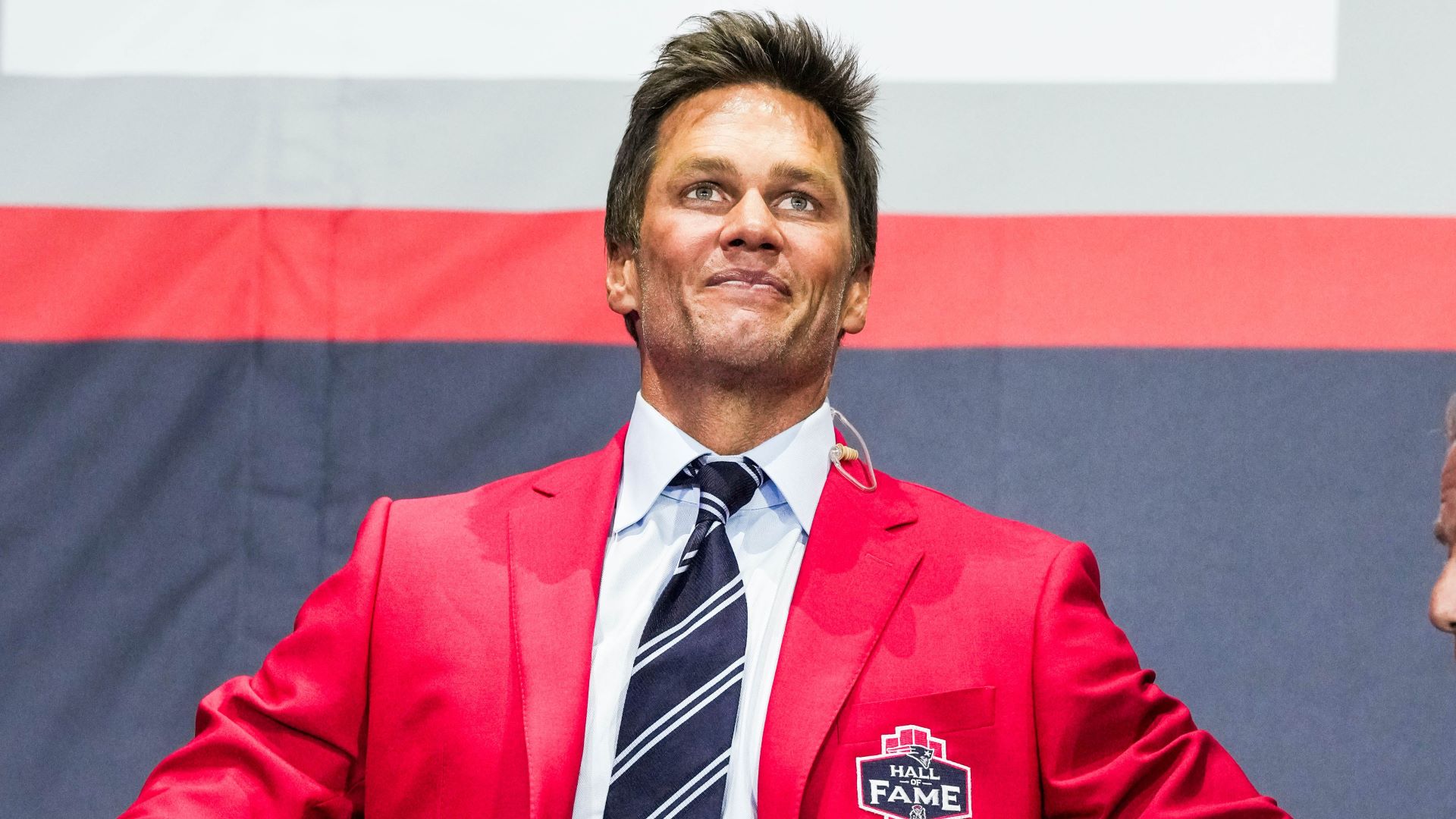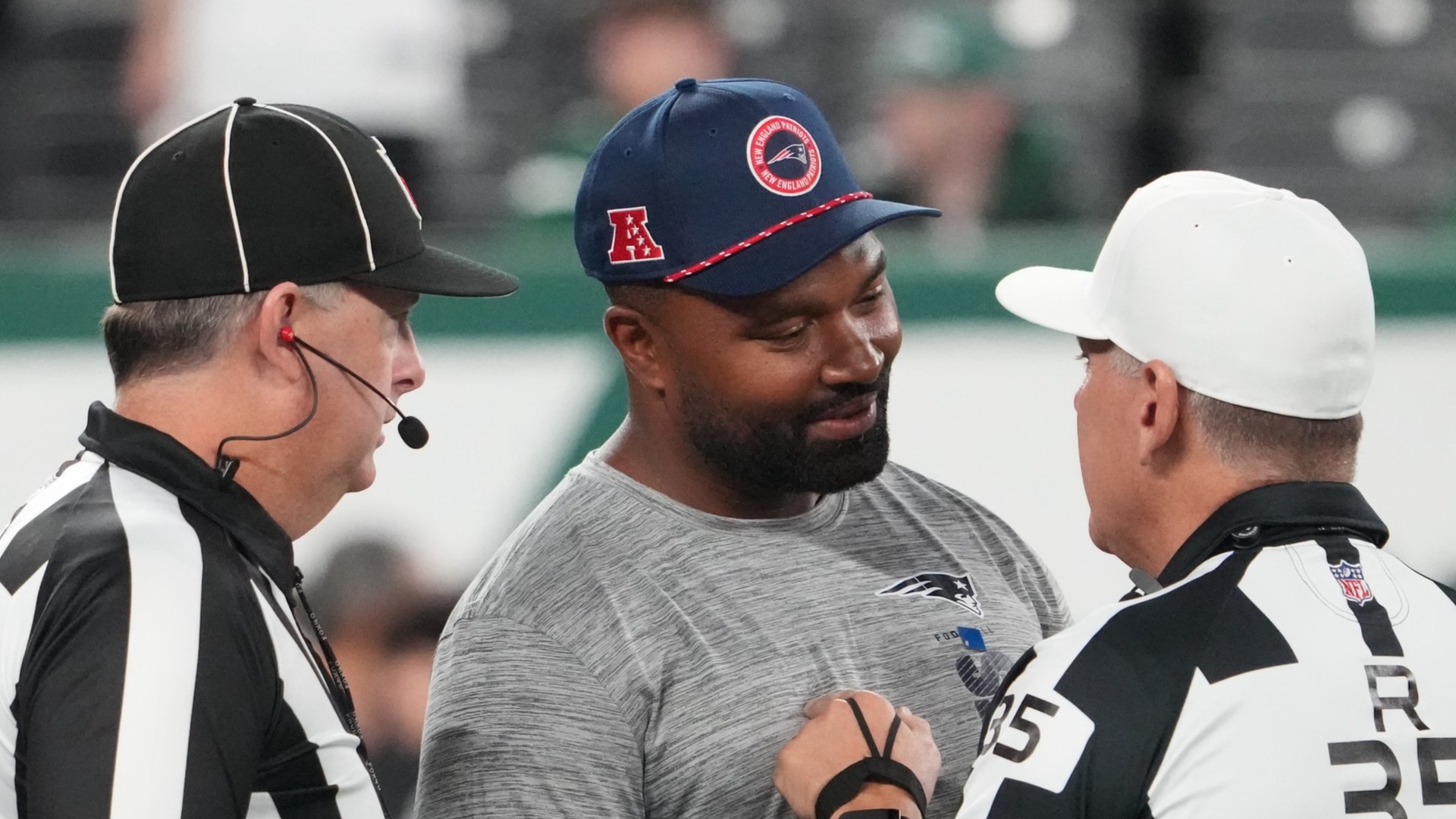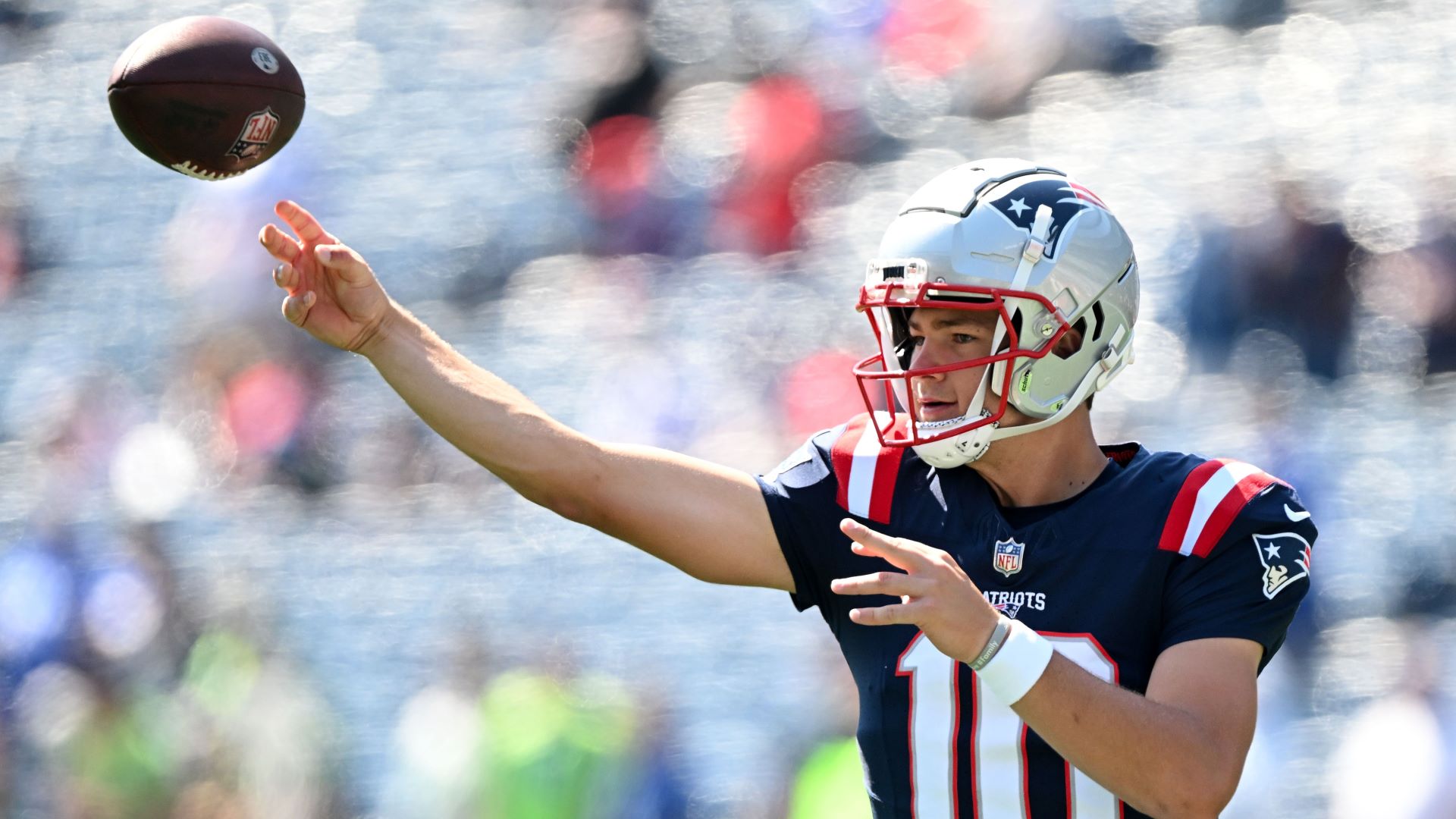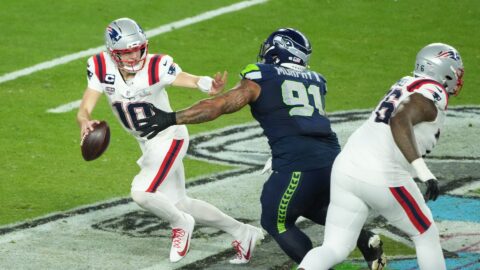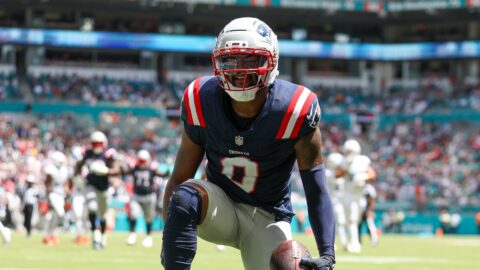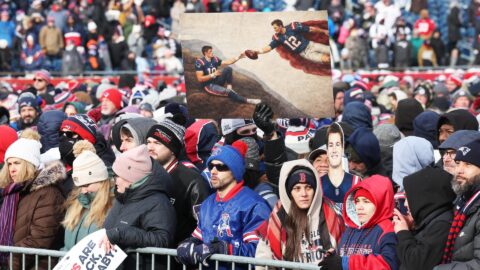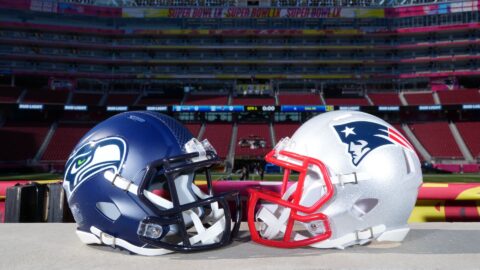Davante Adams wasn’t the only big-name wide receiver who relocated to the AFC East on Tuesday.
Mere minutes after the New York Jets officially announced their trade for Adams, the Buffalo Bills revealed their acquisition of Amari Cooper. Cooper left the hapless Cleveland Browns to join a powerhouse that currently has the third-shortest odds to represent the AFC in Super Bowl LIX.
In the Patriots’ Tom Brady era, it would have made New England fans sick to watch two of the team’s fiercest rivals add a significant weapon on offense — on the same day, no less. But those days at One Patriot Place are long gone, and the Foxboro Faithful shouldn’t be too irked by those moves. The blockbusters made sense for New York and Buffalo, but they would have been head-scratchers for New England.
More Patriots
For Cooper, specifically, the Patriots would have needed to give up a third-round pick to pry the veteran wideout out of Cleveland. That’s too expensive for a player who wouldn’t change New England’s course this season. Giving up valuable draft capital for someone who can hit NFL free agency this coming offseason wouldn’t have been a practice move. For a contender? Sure. But not for a team that’s likely going to draft inside the top 10 next year.
Even if Jerod Mayo and company love what Cooper brings to the table, the waiting game is the better play. The Patriots, if they feel so inclined, can make an offer to the five-time Pro Bowl selection next spring with no strings attached. At that point, New England will have decided it views Cooper as a long-term piece of Drake Maye’s arsenal. A midseason trade typically indicates a rental, which shouldn’t be of any interest to the lowly Patriots.
Story continues below advertisement
To be clear, New England absolutely needs to bolster Maye’s collection of pass-catchers if it wants the 2024 first-rounder to flourish into a franchise quarterback. But it’s clear this season in New England is about rebuilding and developing. The Patriots should start taking big swings when the season is over, not when the asking price is spiked before the trade deadline.
Featured image via Jeremy Reper/Imagn Images
